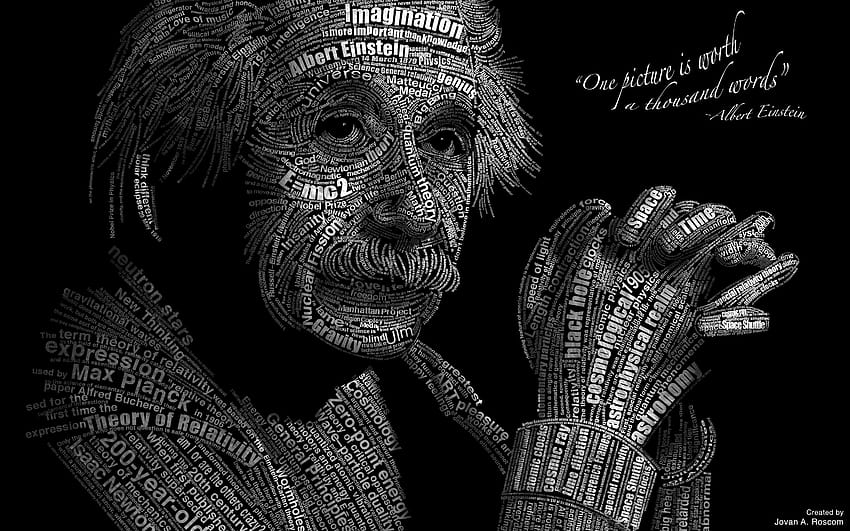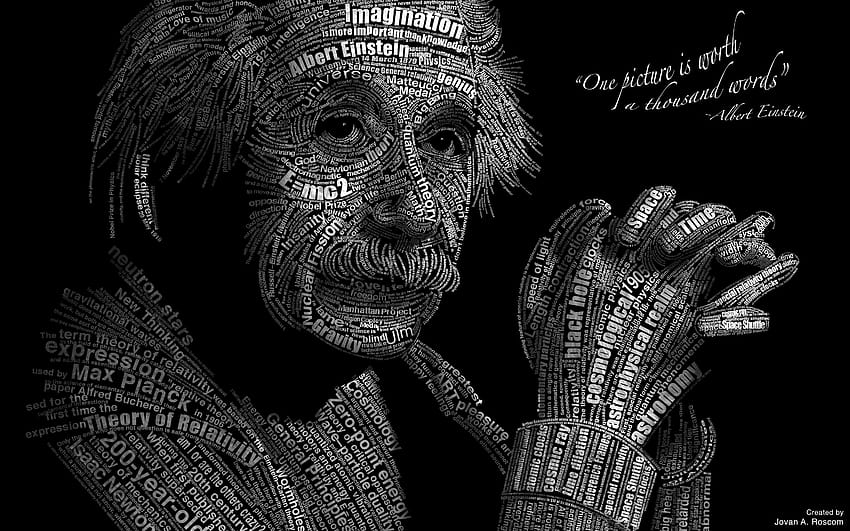The discovery and understanding of electricity weren't the result of a single moment or discovery but rather a culmination of observations, experiments, and contributions made by multiple scientists over centuries.
Ancient civilizations, like the Greeks, Egyptians, and Mesopotamians, were aware of certain electrical phenomena, such as static electricity (generated by rubbing certain materials together) and lightning. However, the systematic study of electricity began much later, evolving through various experiments and theories.
In the 17th and 18th centuries, scientists started investigating electricity more rigorously. One of the key figures in this era was Benjamin Franklin. His famous kite experiment in the mid-18th century helped demonstrate that lightning was a form of electricity. Franklin's work on lightning rods and his publication of "Experiments and Observations on Electricity" in 1751 significantly contributed to the understanding of electrical phenomena.
Building on Franklin's work, other scientists made substantial contributions. Alessandro Volta invented the battery, providing a continuous source of electricity. André-Marie Ampère formulated laws related to electromagnetism and electrical currents, while Michael Faraday discovered electromagnetic induction, which laid the groundwork for electric generators and motors.
In the late 19th century, Thomas Edison and Nikola Tesla made significant strides in the practical applications of electricity. Edison developed the first commercially viable electric light bulb and established the first electrical power system in the United States. Tesla, Edison's contemporary, worked extensively on alternating current (AC) electricity systems, which are the basis of modern power transmission.
The history of electricity is a tale of incremental discoveries, theories, and practical applications. Multiple scientists and inventors, through their curiosity, experimentation, and dedication, paved the way for our modern understanding and utilization of electricity in various fields, revolutionizing technology, industry, and everyday life.



